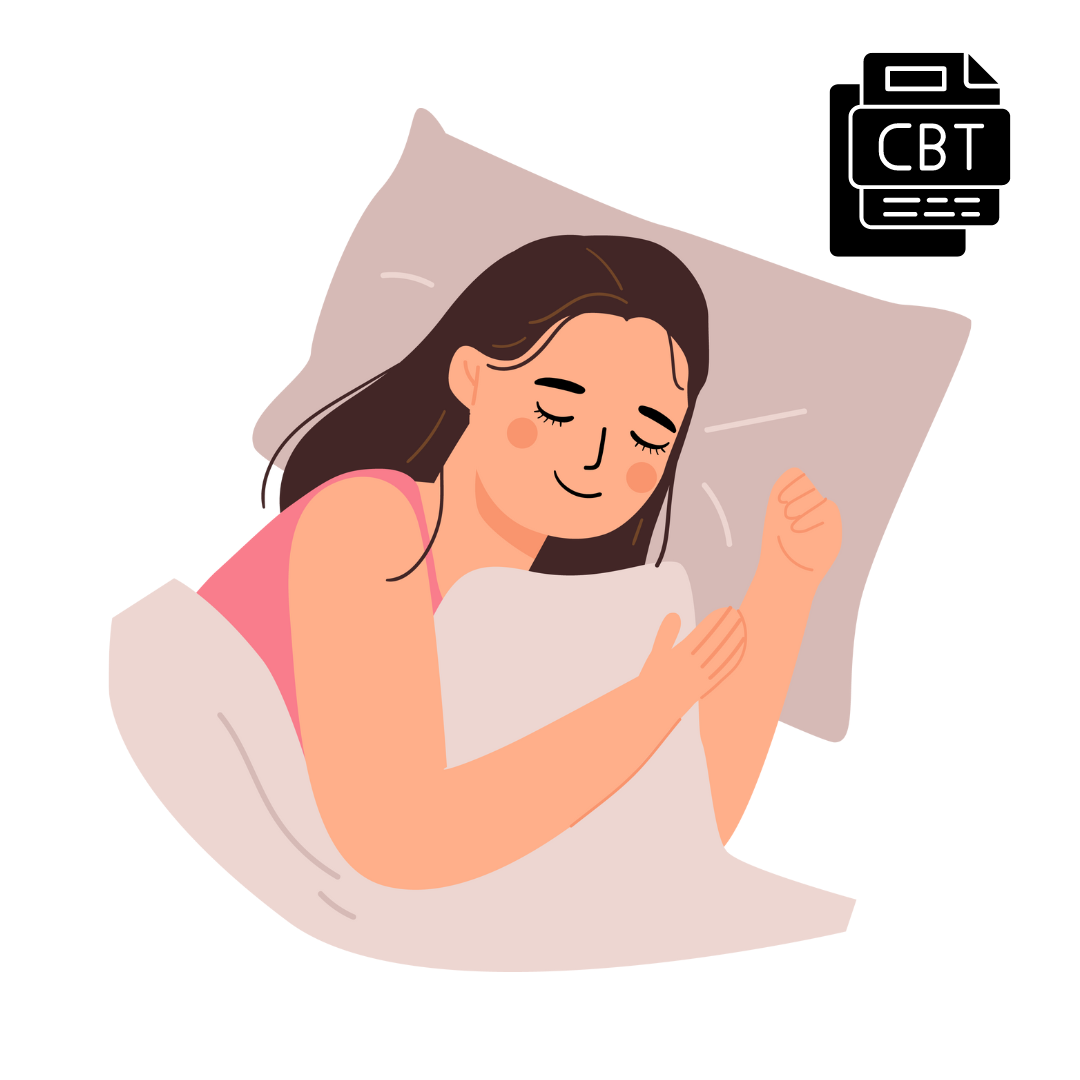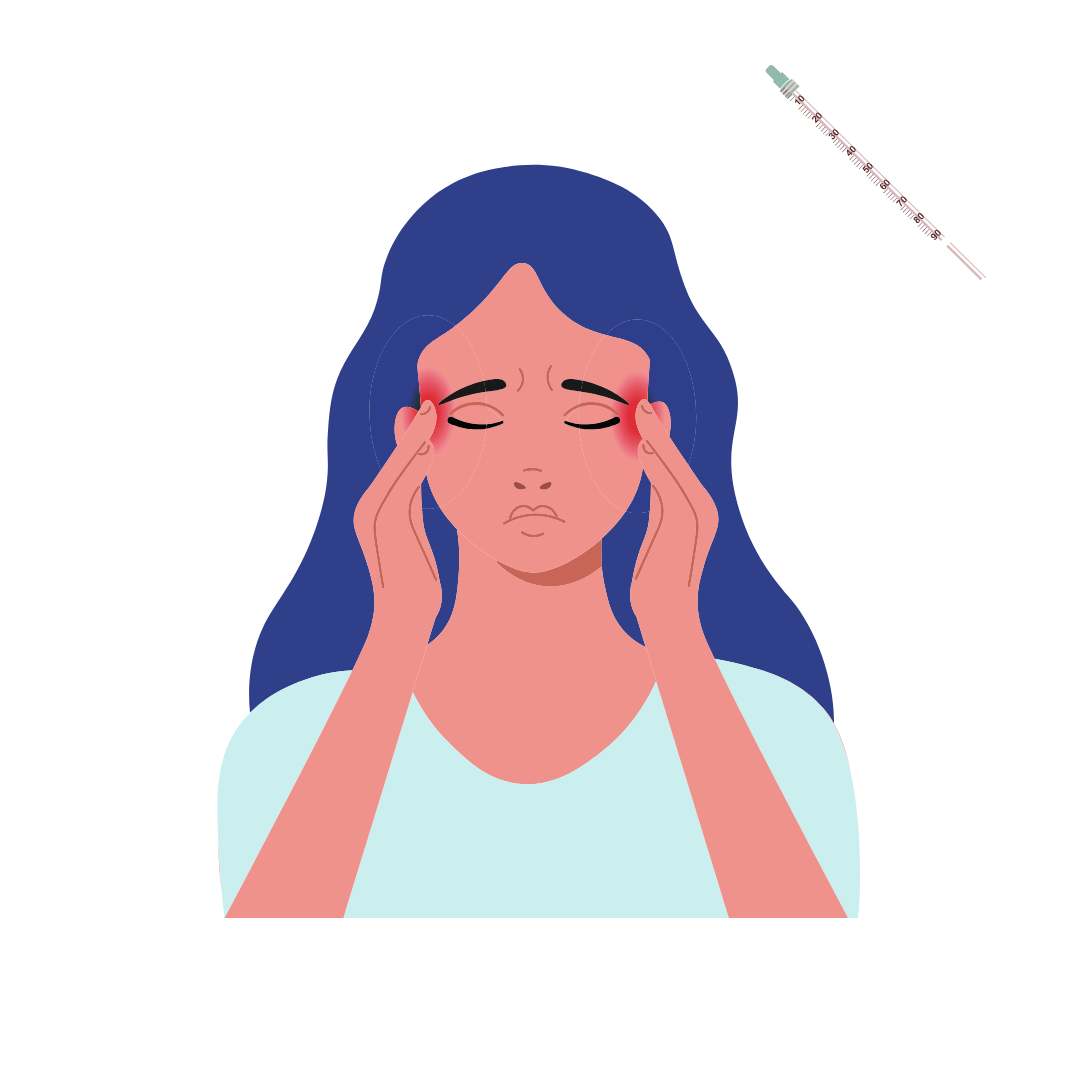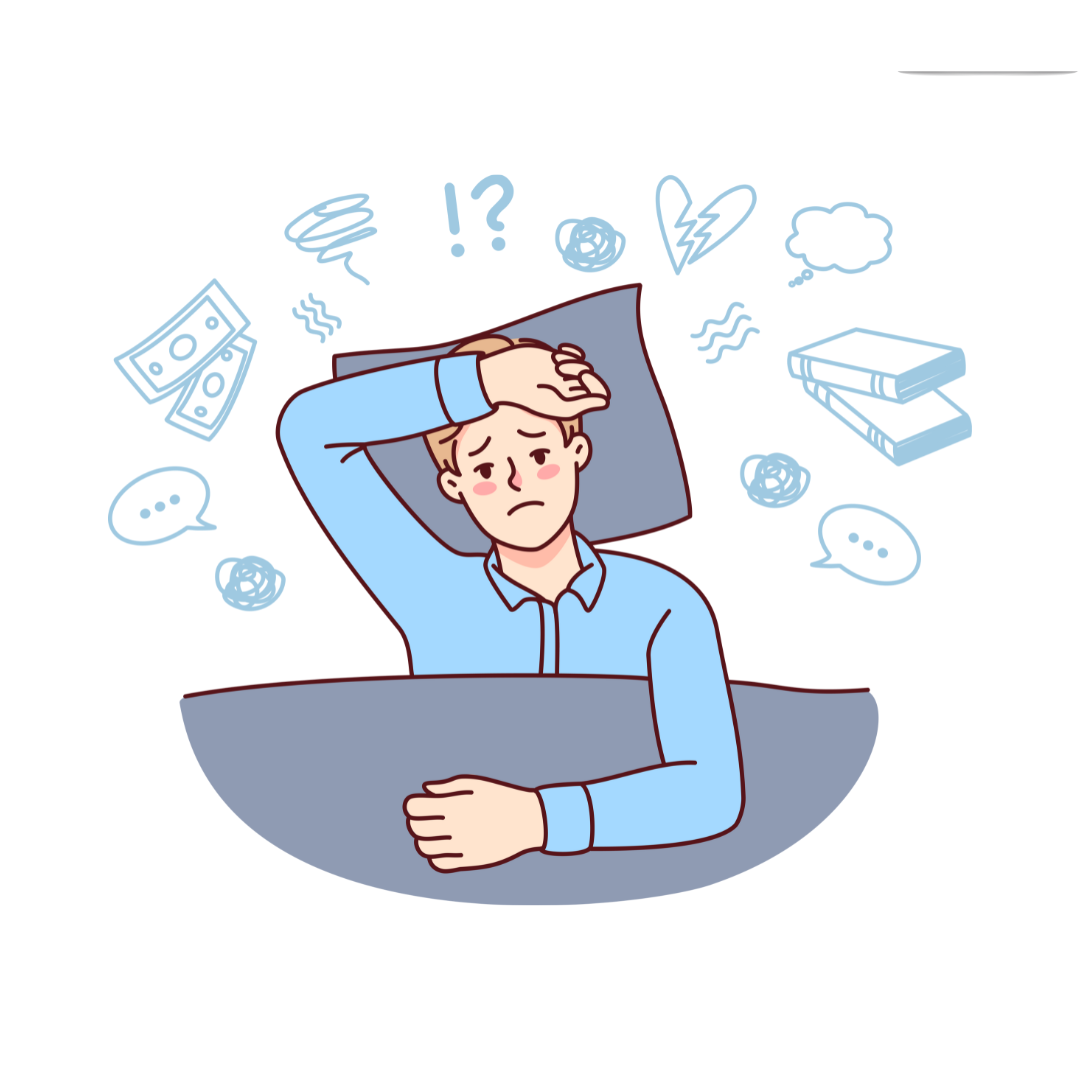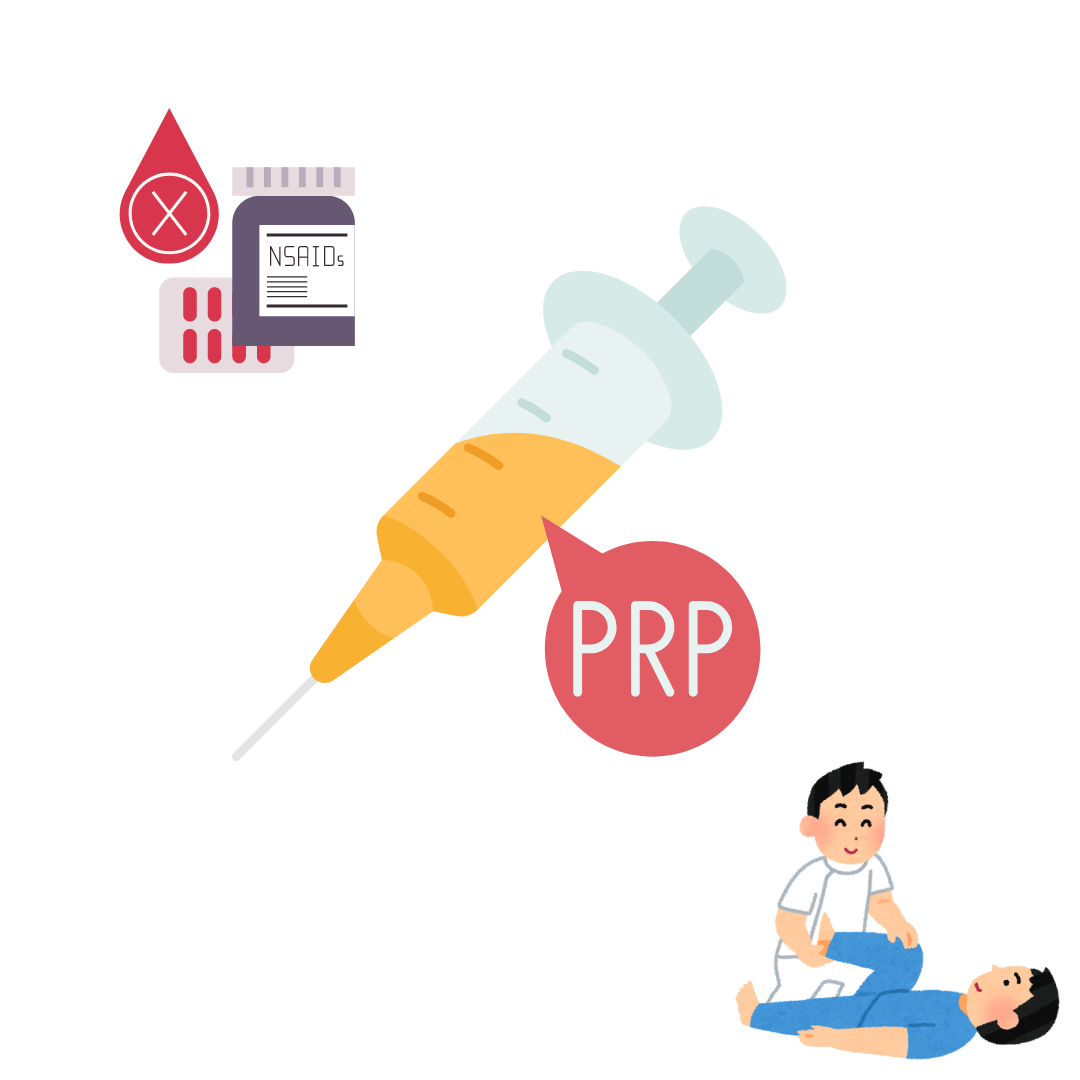Blog

Cognitive Behavioural Therapy for Insomnia (CBT-I)
This is a fact sheet about Cognitive Behavioural Therapy for Insomnia. CBT-I focuses on identifying and changing behaviors and thought patterns that contribute to sleep problems. Cognitive Behavioral Therapy for Insomnia (CBT-I) is the recommended, evidence-supported treatment for insomnia. It incorporates a range of strategies such as educational, behavioral, and cognitive interventions, which are customized to address each individual's specific needs. The goal of CBT-I is to modify the behaviors and thought patterns that perpetuate insomnia. Though it may take time to see improvements, as developing new habits and skills requires time, the benefits of CBT-I are substantial and enduring, aiding individuals with or without other mental and physical health conditions.
Read More
How Botulinum Toxin Injectables Work to Manage Migraines
Botulinum toxin injectables, such as Botox are effective treatments for chronic migraines, approved by the FDA in 2010. These treatments are typically used to reduce facial wrinkles. In terms of migraines, botulinum toxin can be injected into multiple areas around the head and neck. The treatments are approved for select people age 18 and older who experience 15 or more migraine days per month. They work by blocking pain signals between the brain and nerves. It may take several weeks and multiple treatments to see results. Clinical trials have shown these injectables can significantly reduce the frequency and severity of migraines, making them a valuable option for chronic migraine sufferers.
Read More
Understanding Insomnia and Chronic Pain: How Sleep Affects Your Health
Many people with chronic pain also struggle with insomnia, a condition where sleep is disrupted or difficult to initiate. This problem isn't just about feeling tired; it's closely tied to how our bodies perceive and manage pain. Insomnia isn't just a consequence of chronic pain—it can worsen it. When we don't get enough good-quality sleep, our bodies become more sensitive to pain. This happens because poor sleep affects our nervous system and can lead to inflammation in the brain, making us feel pain more intensely. Traditional treatments like medications often fall short for insomnia in chronic pain patients. Instead, Cognitive Behavioral Therapy for Insomnia (CBT-I) has shown great promise. CBT-I is a structured program that helps change thoughts and behaviors around sleep. It includes techniques like adjusting bedtime routines, managing stress, and improving sleep environment—all to promote better, more restful sleep. While CBT-I is effective, it's usually part of a broader treatment approach that includes managing the underlying pain condition. This might involve physical therapy, exercise, and strategies to cope with pain during daily activities. Research is ongoing to refine how we treat insomnia in chronic pain. By combining therapies that address both sleep and pain, healthcare providers aim to improve the overall quality of life for those living with chronic pain.
Read More
Inconsistent Post-Treatment Guidelines for PRP Injections in Knee Osteoarthritis
This study reviewed 71 clinical trials on the use of platelet-rich plasma (PRP) injections for treating knee osteoarthritis (OA) and found significant inconsistencies in the post-treatment guidelines provided by researchers. PRP injections, made from a patient’s blood, are becoming a popular treatment for knee OA, but there is no standard advice on what patients should do after receiving the injection. The review highlighted that only about half of the studies mentioned restrictions on using anti-inflammatory drugs like NSAIDs after the injection and even fewer provided guidelines on physical activity or weight-bearing limitations. NSAIDs can affect the efficacy of PRP by inhibiting platelet function and reducing the concentration of growth factors necessary for healing. This variability makes it difficult to compare the effectiveness of PRP treatments across different studies. The authors suggest that future research should include clear and consistent post-treatment instructions to help improve the comparability and effectiveness of PRP therapy for knee OA.
Read More
Exploring the Impact of Fibromyalgia on Orthopaedic Surgery Outcomes: A Comprehensive Review
This article reviews the impact of fibromyalgia (FM) on outcomes following orthopaedic surgery, such as joint replacements and spinal procedures. FM, a condition characterized by chronic widespread pain, fatigue, and other symptoms, is increasingly recognized as a significant factor affecting surgical outcomes. The authors conducted a thorough search of medical databases and identified 27 relevant studies. They found that FM patients undergoing orthopaedic surgery often experience less satisfaction, increased pain, poorer functional outcomes, and higher rates of postoperative complications and opioid use compared to patients without FM. With the rising number of orthopaedic surgeries performed worldwide and the high prevalence of FM in patients that undergo these procedures, highlights the need for further research to better understand and address the unique challenges faced by this patient population. Despite the challenges, surgery may still be the best option for some FM patients, but careful consideration of the risks and benefits is necessary.
Read More